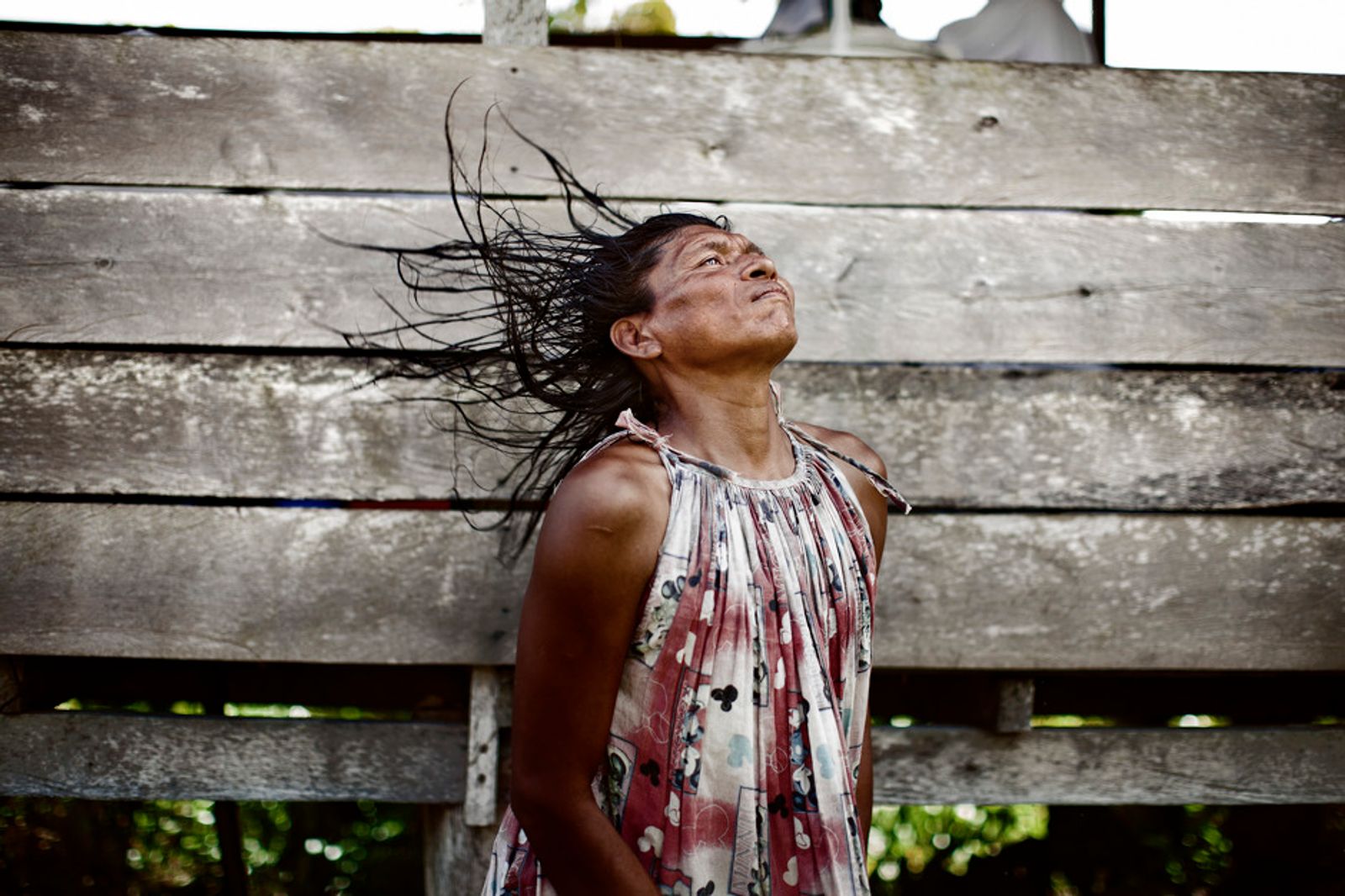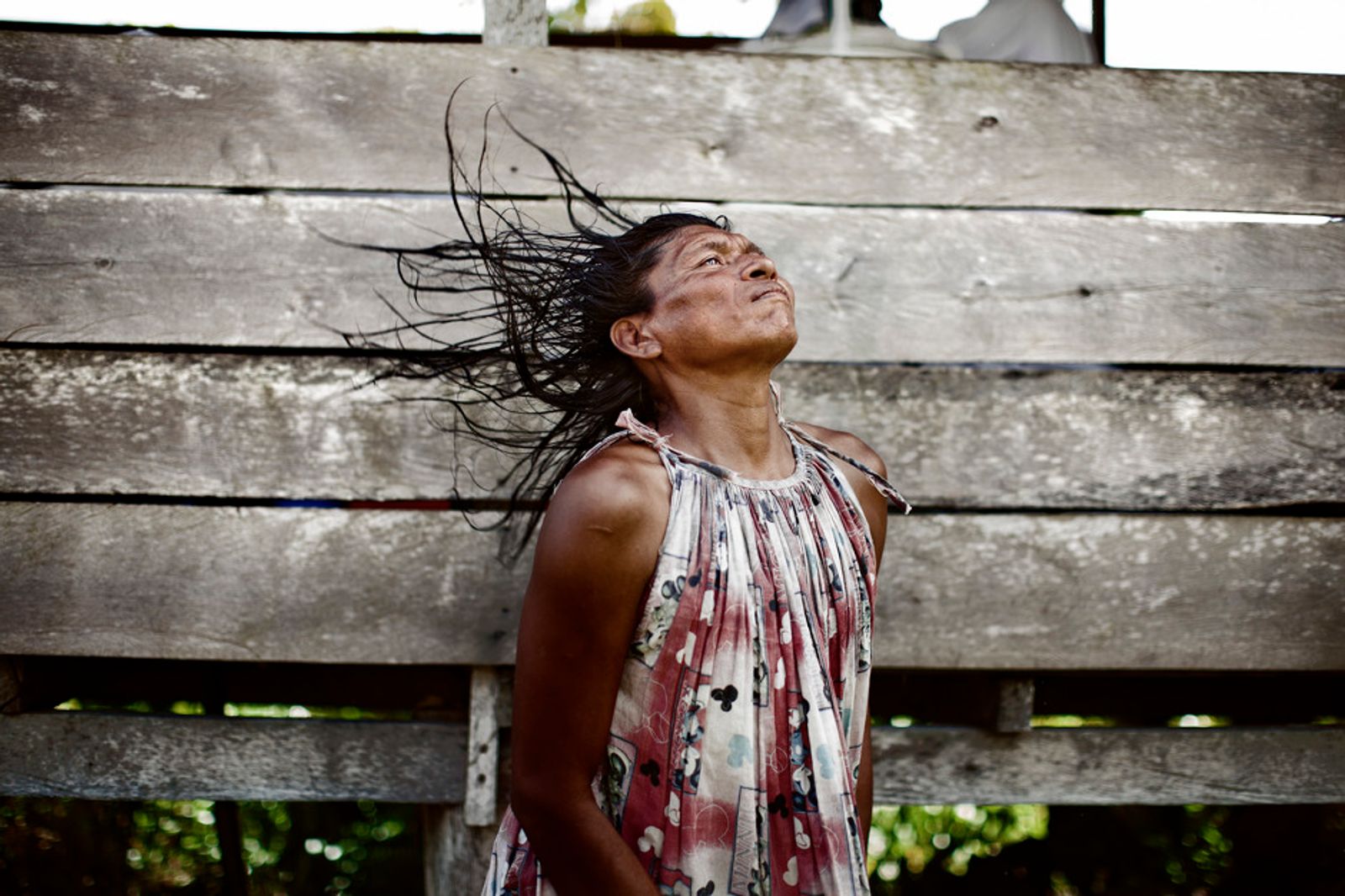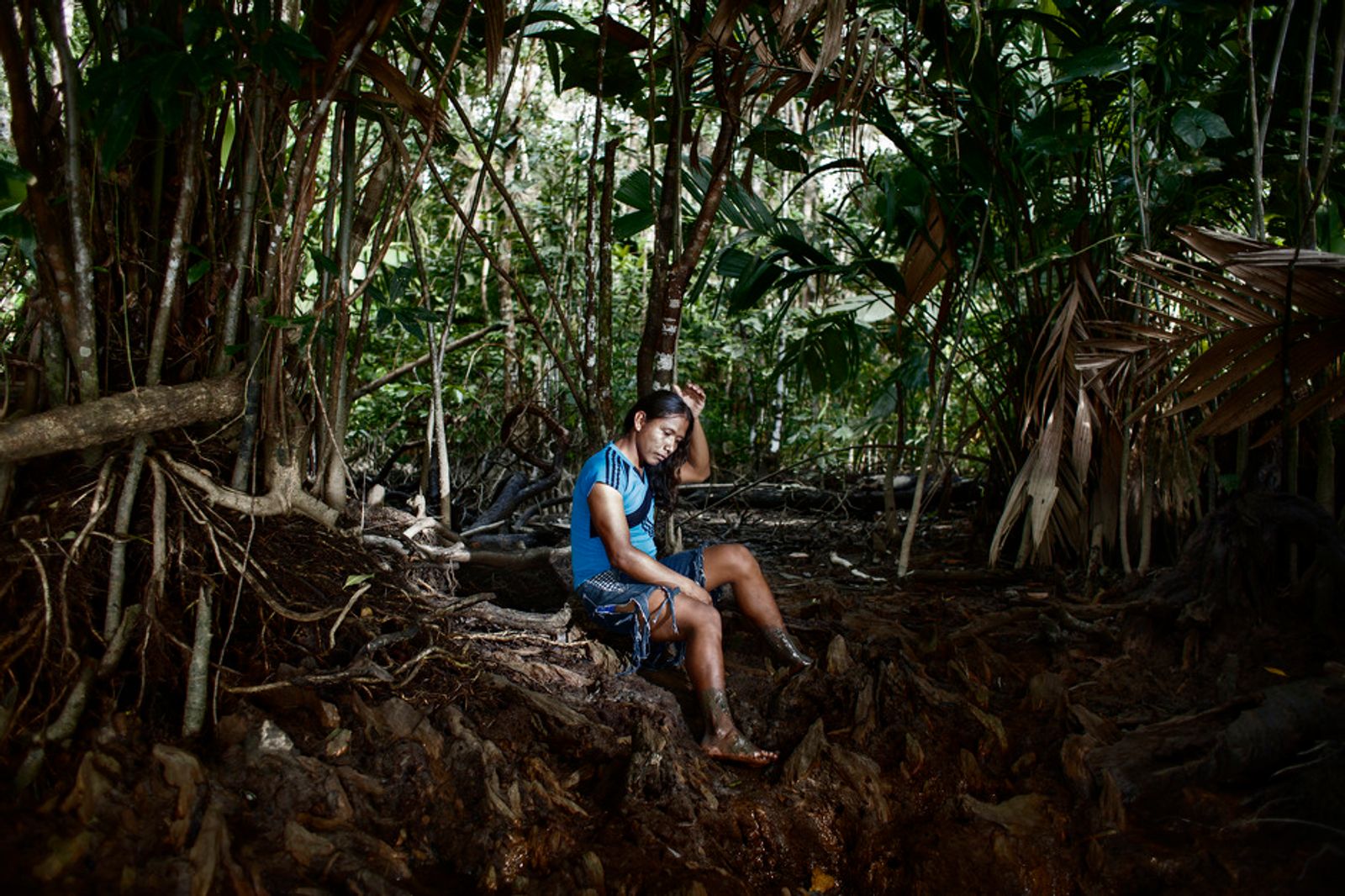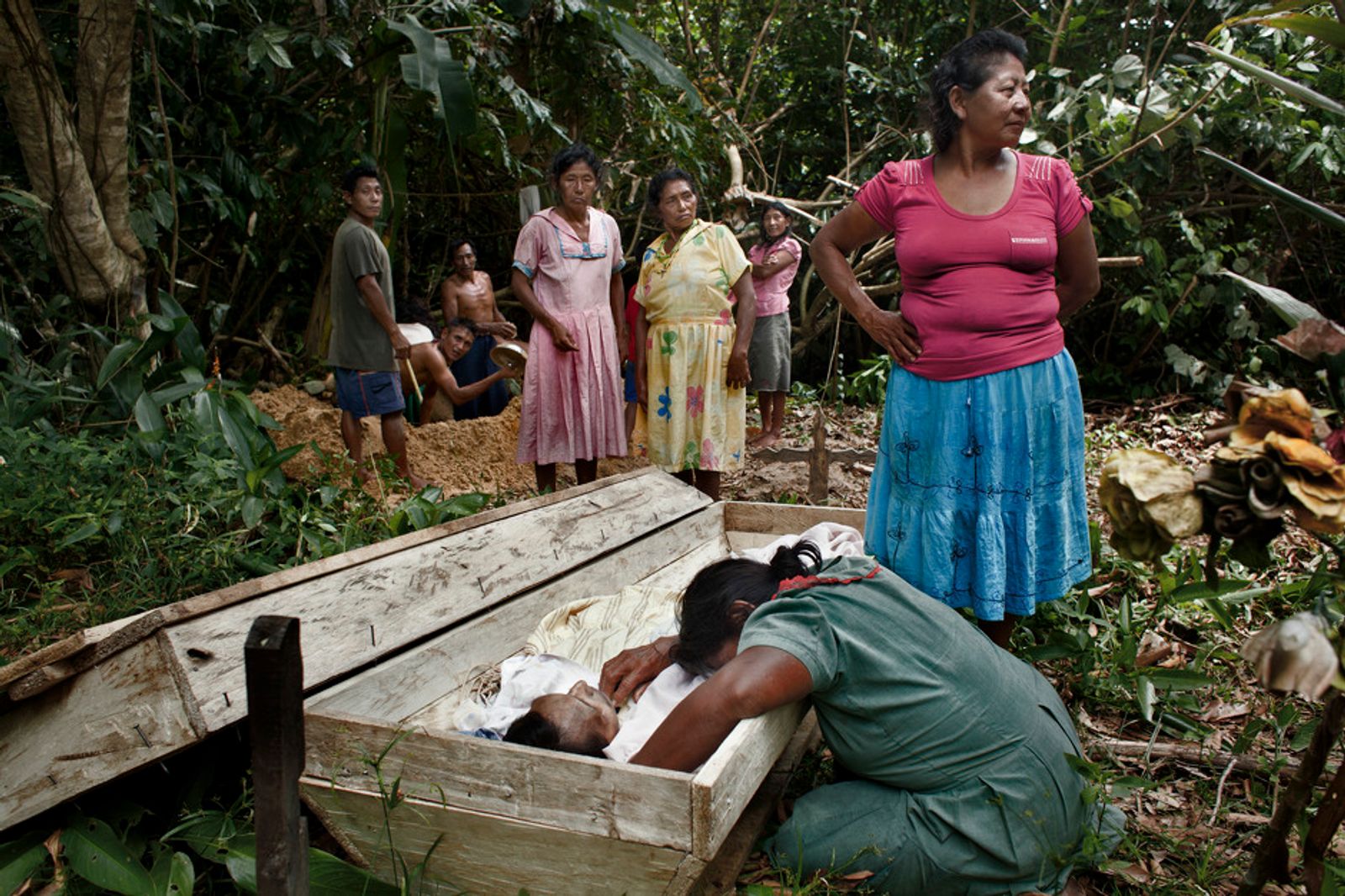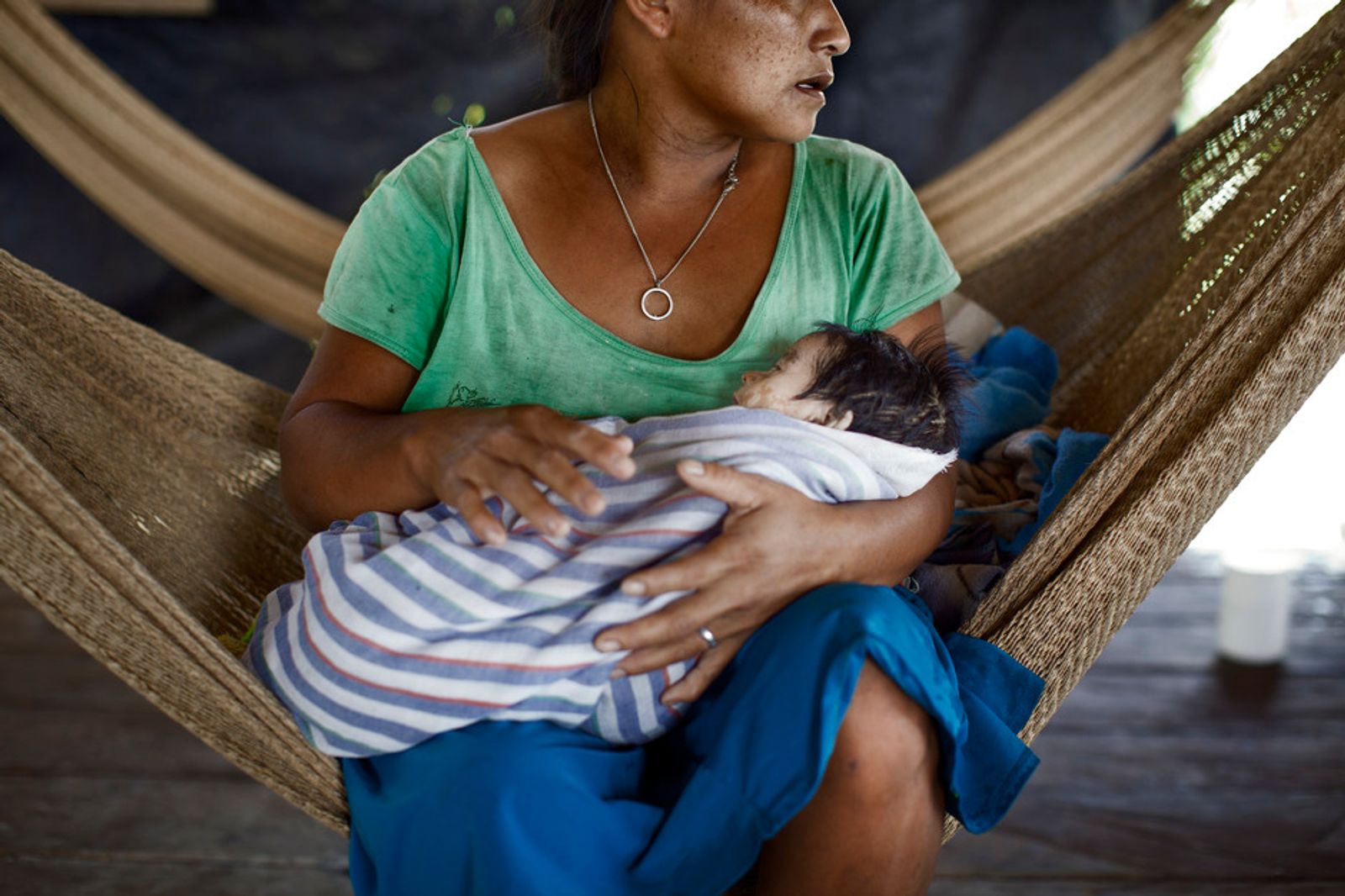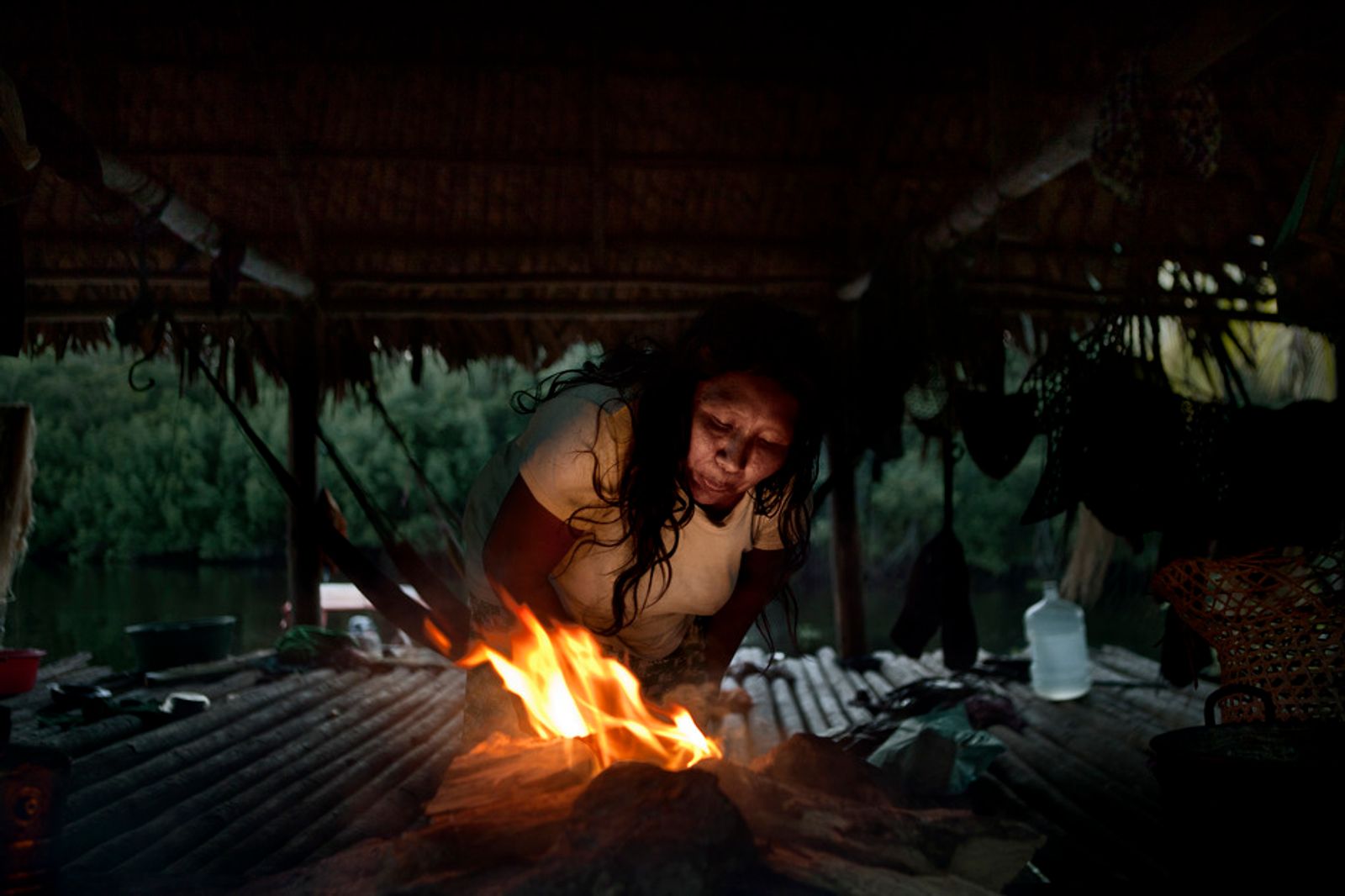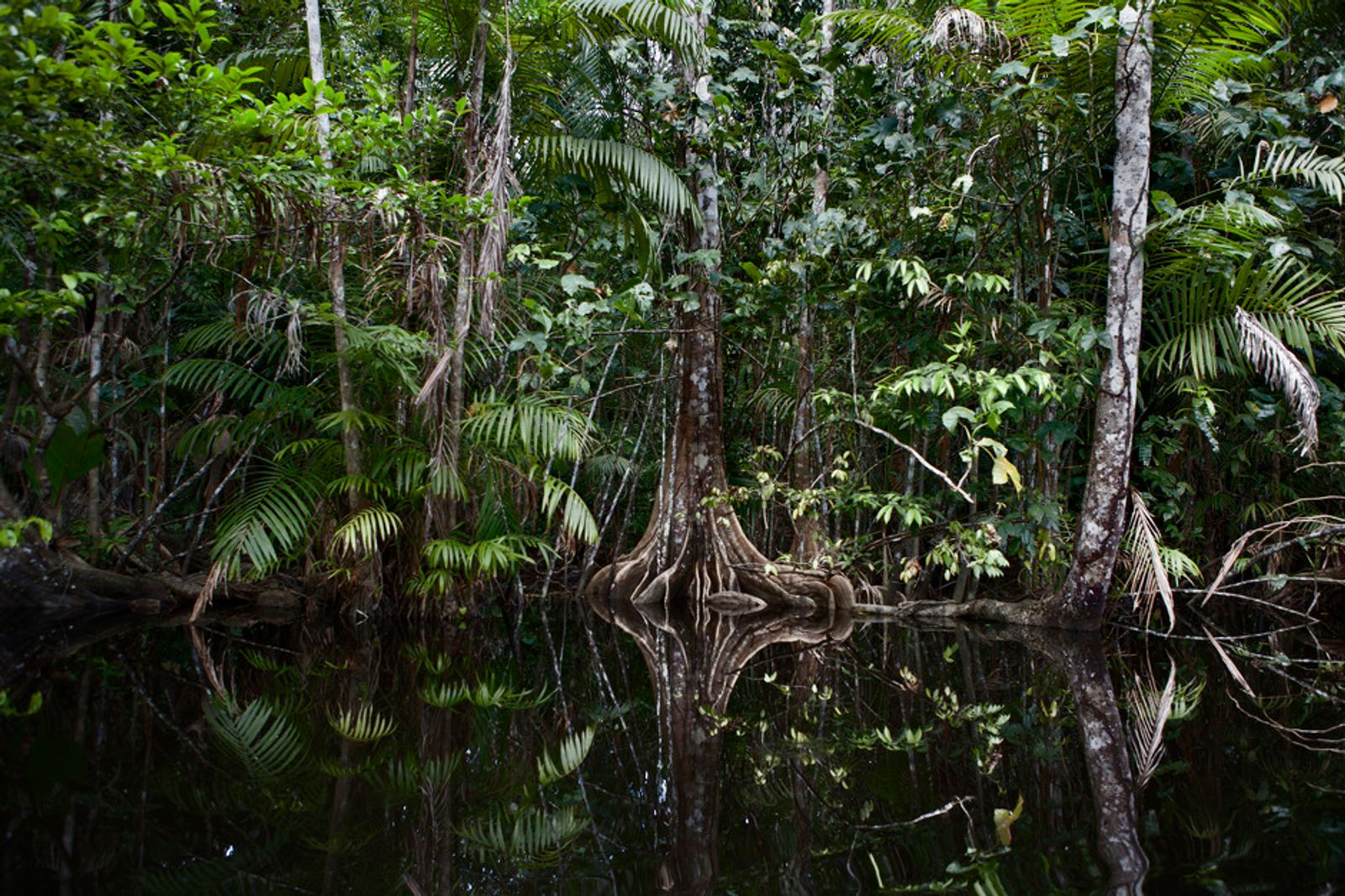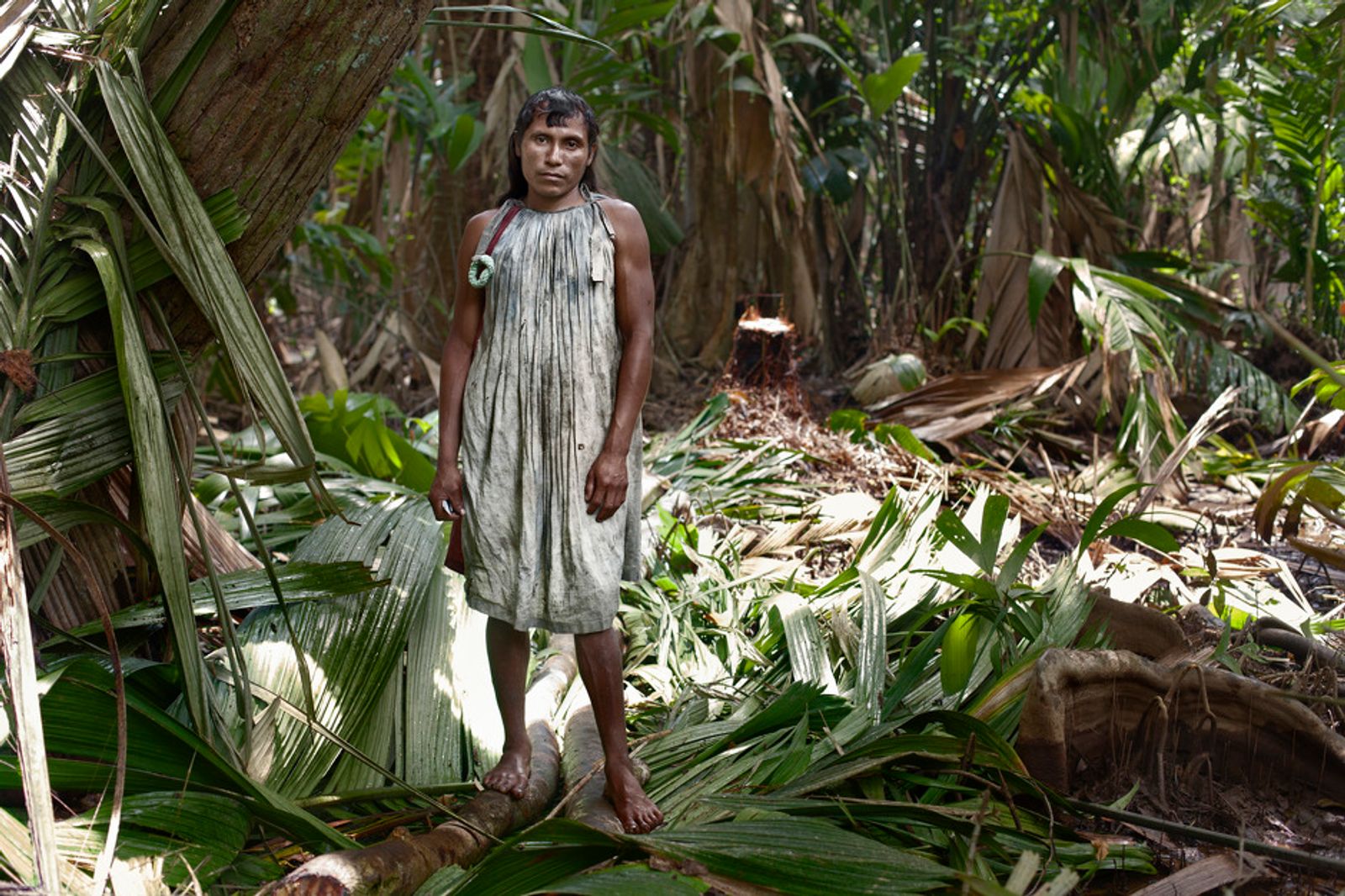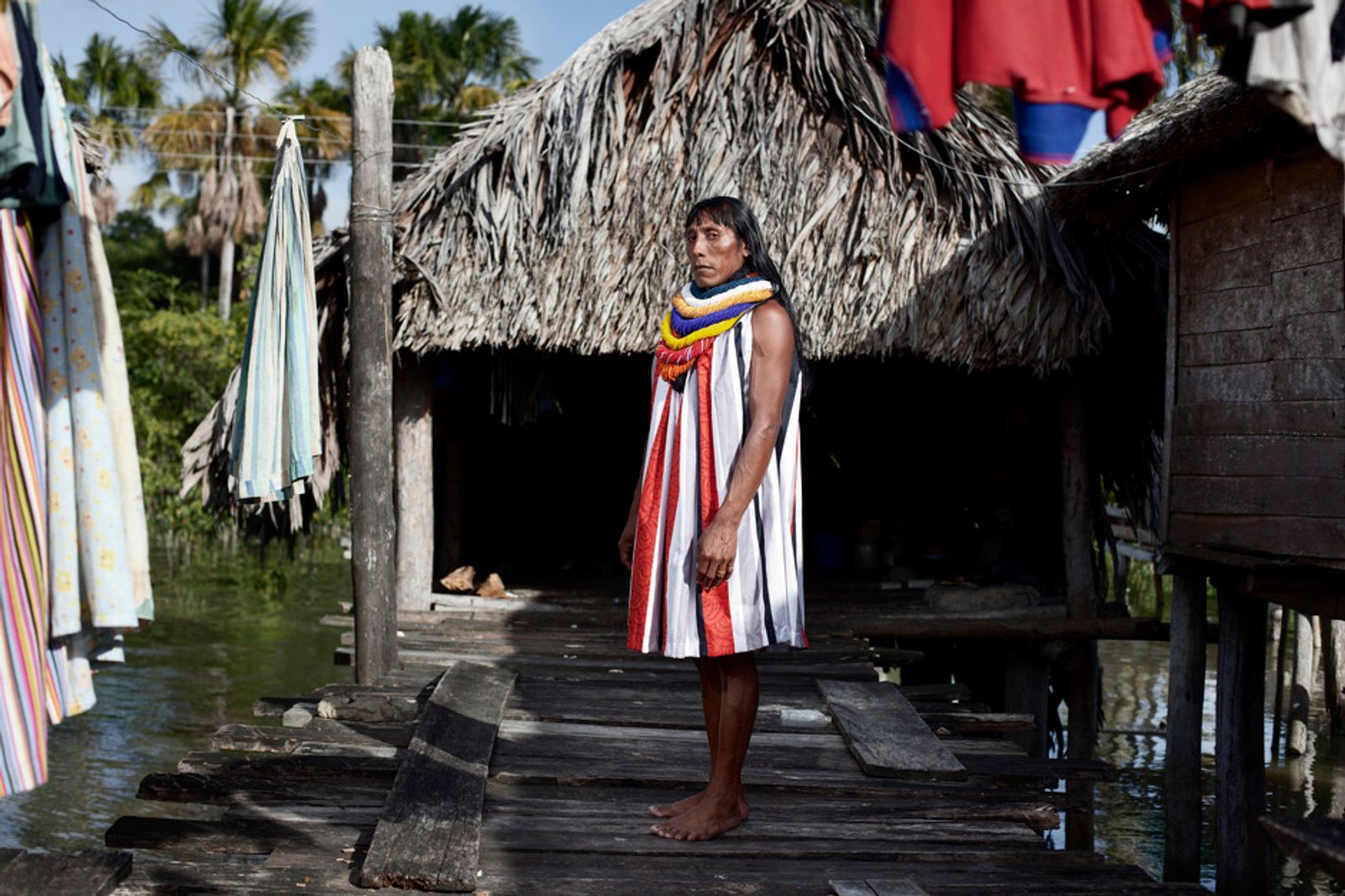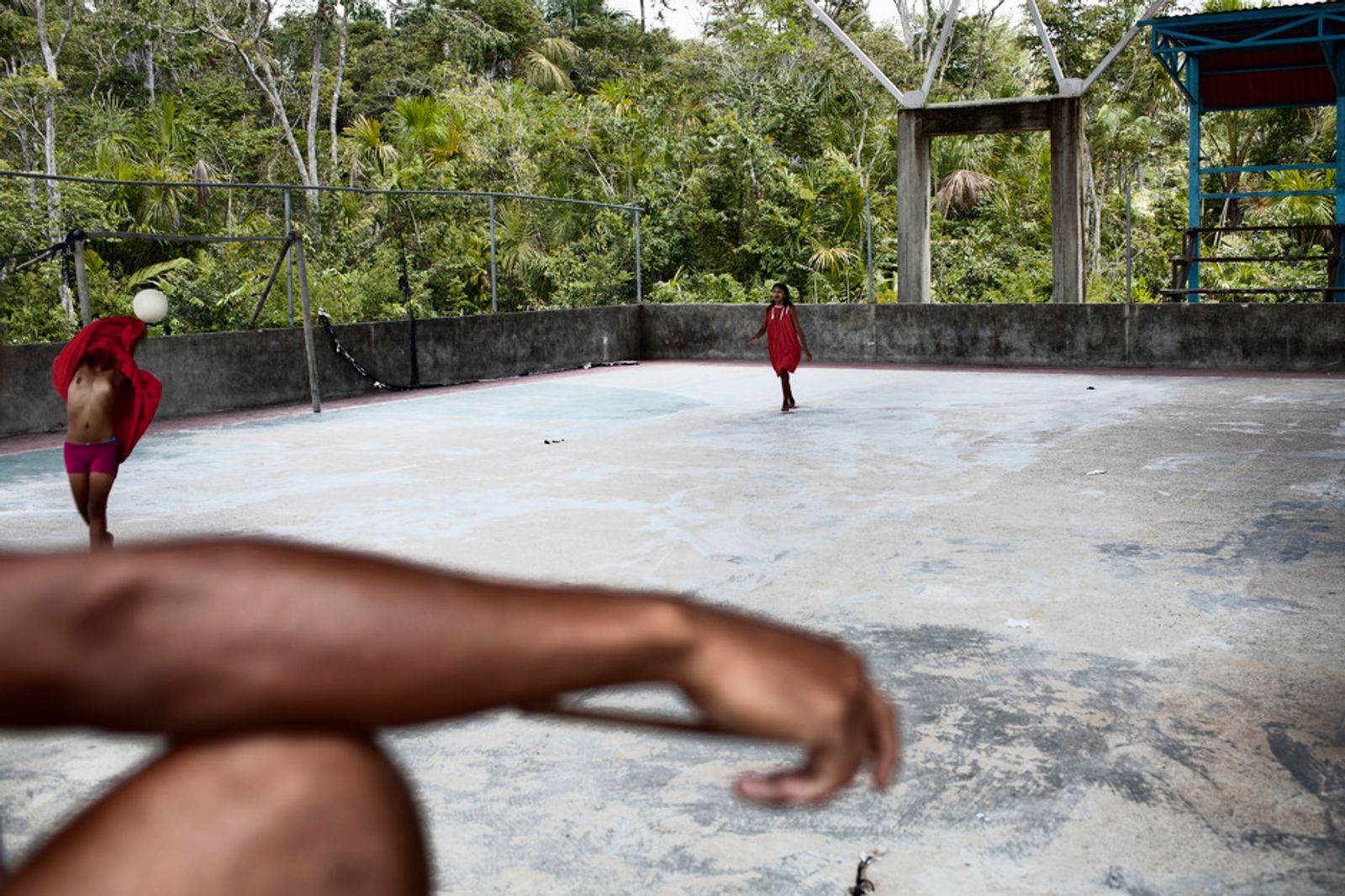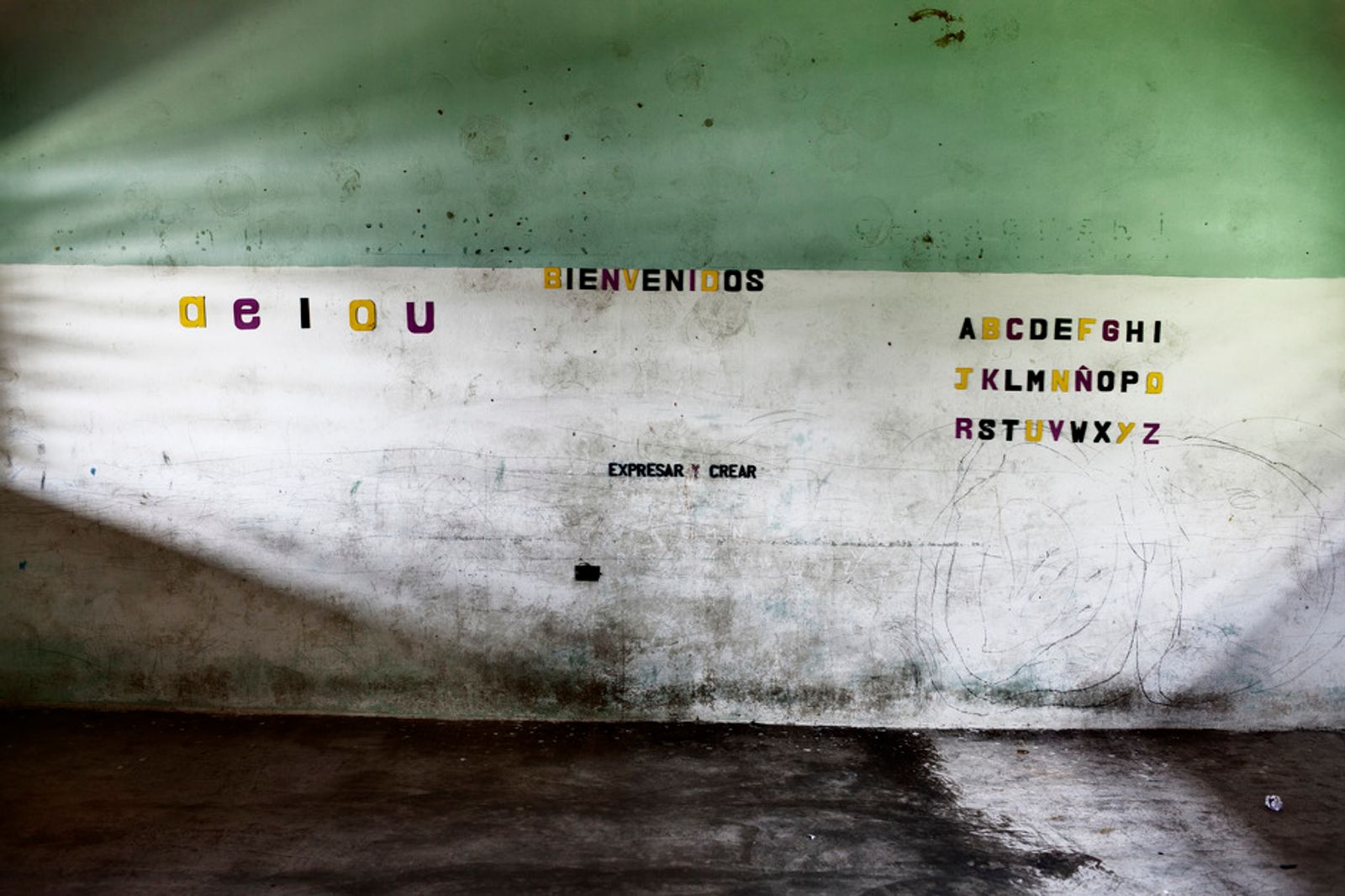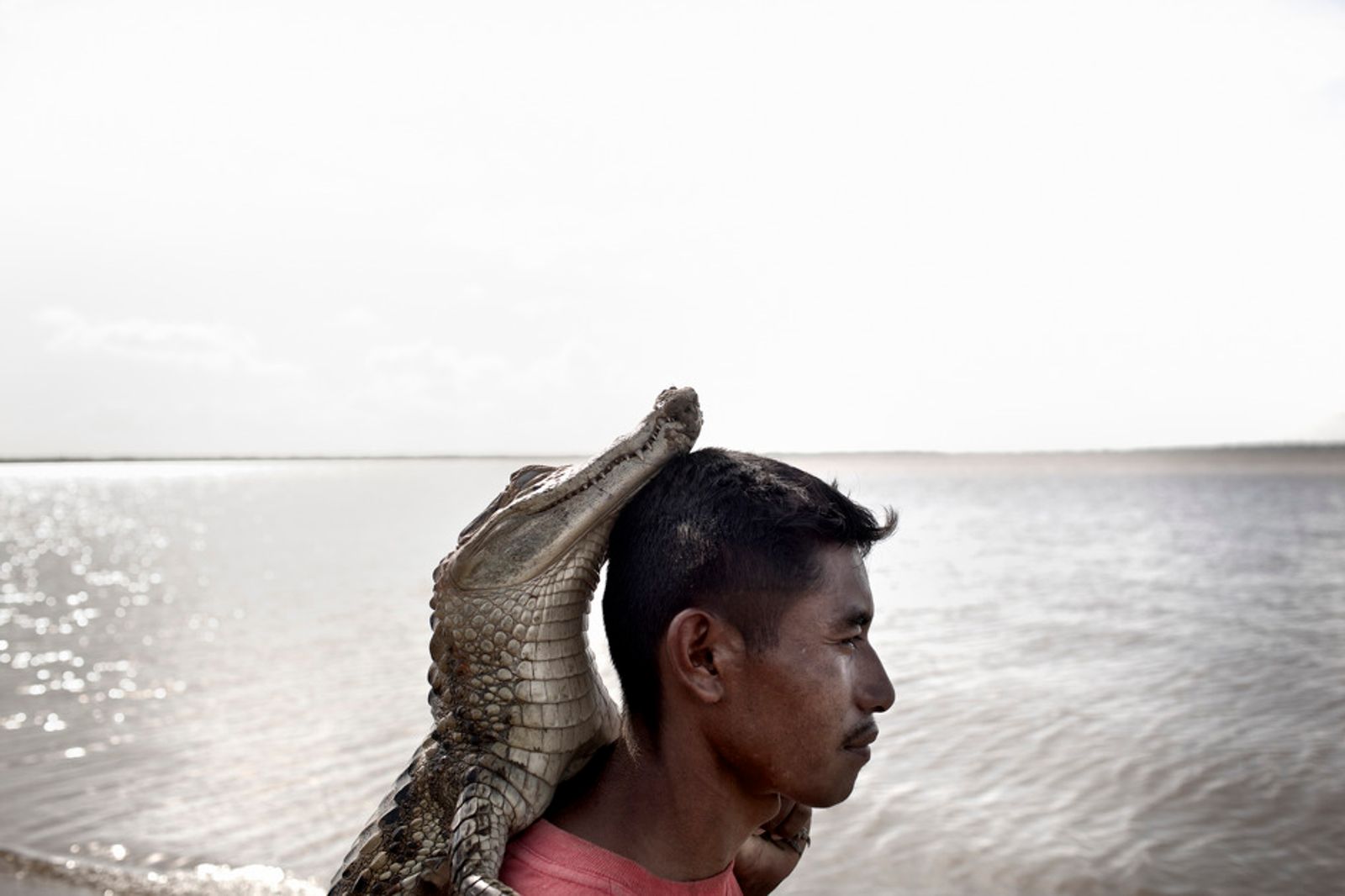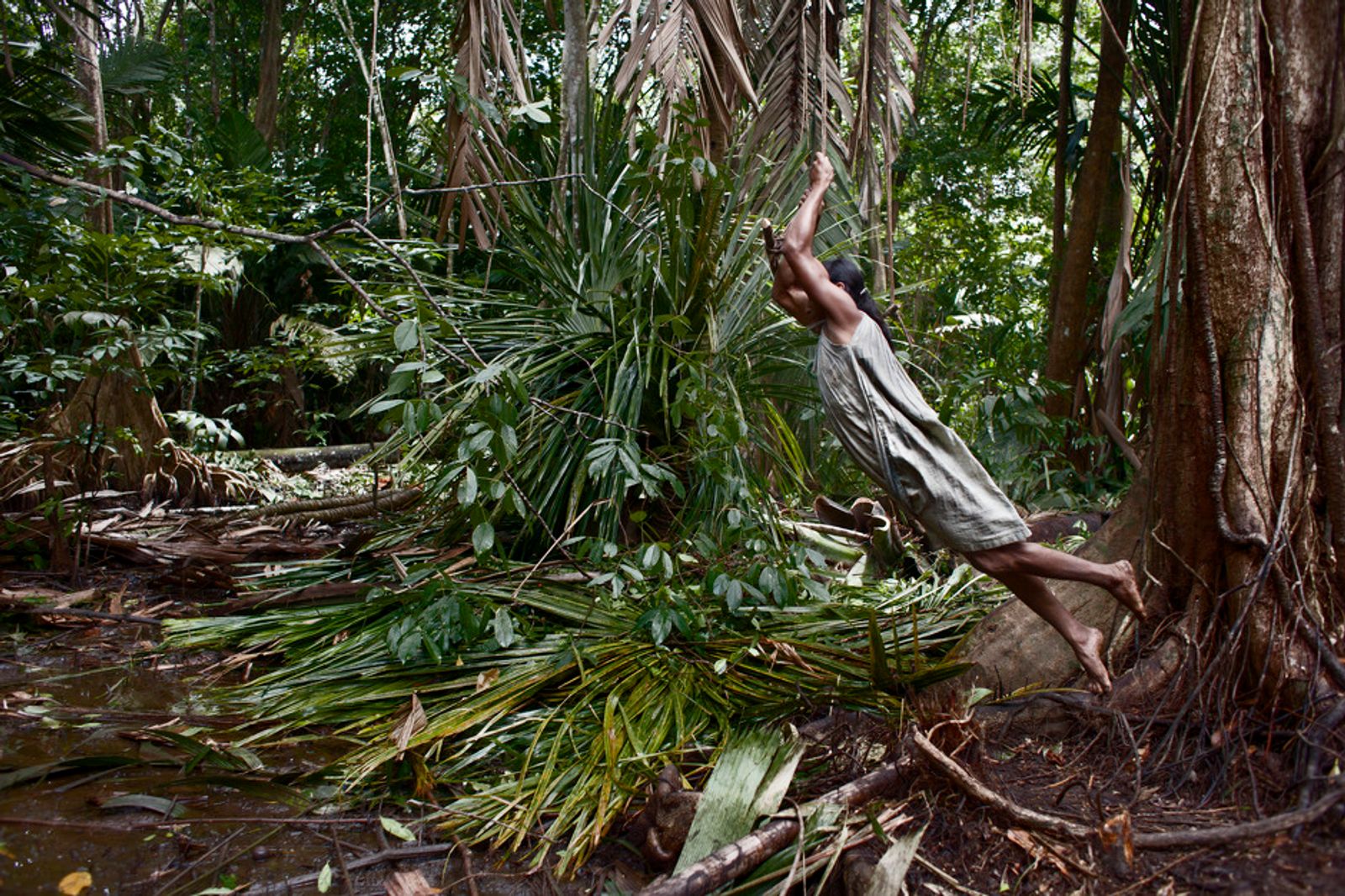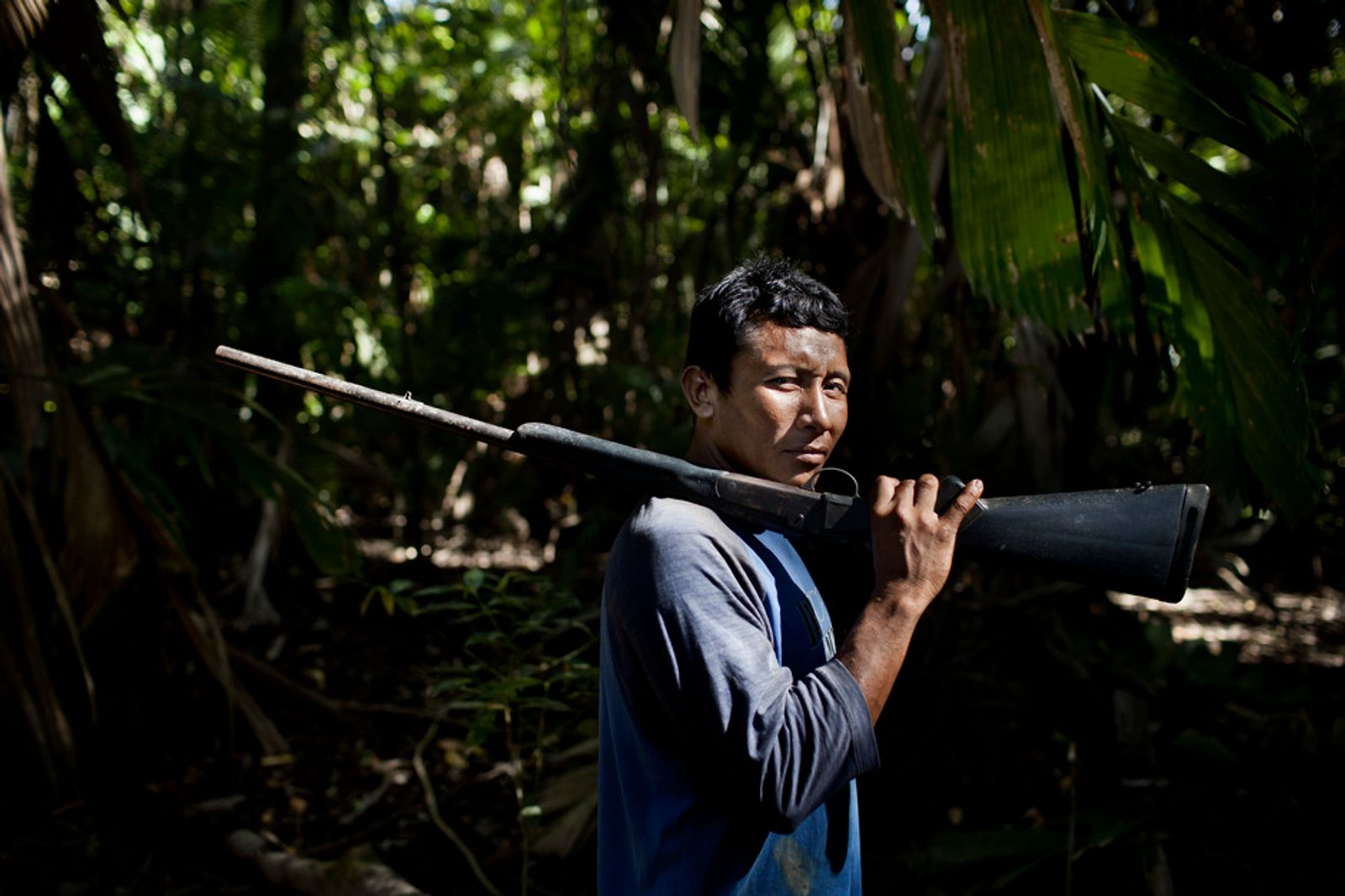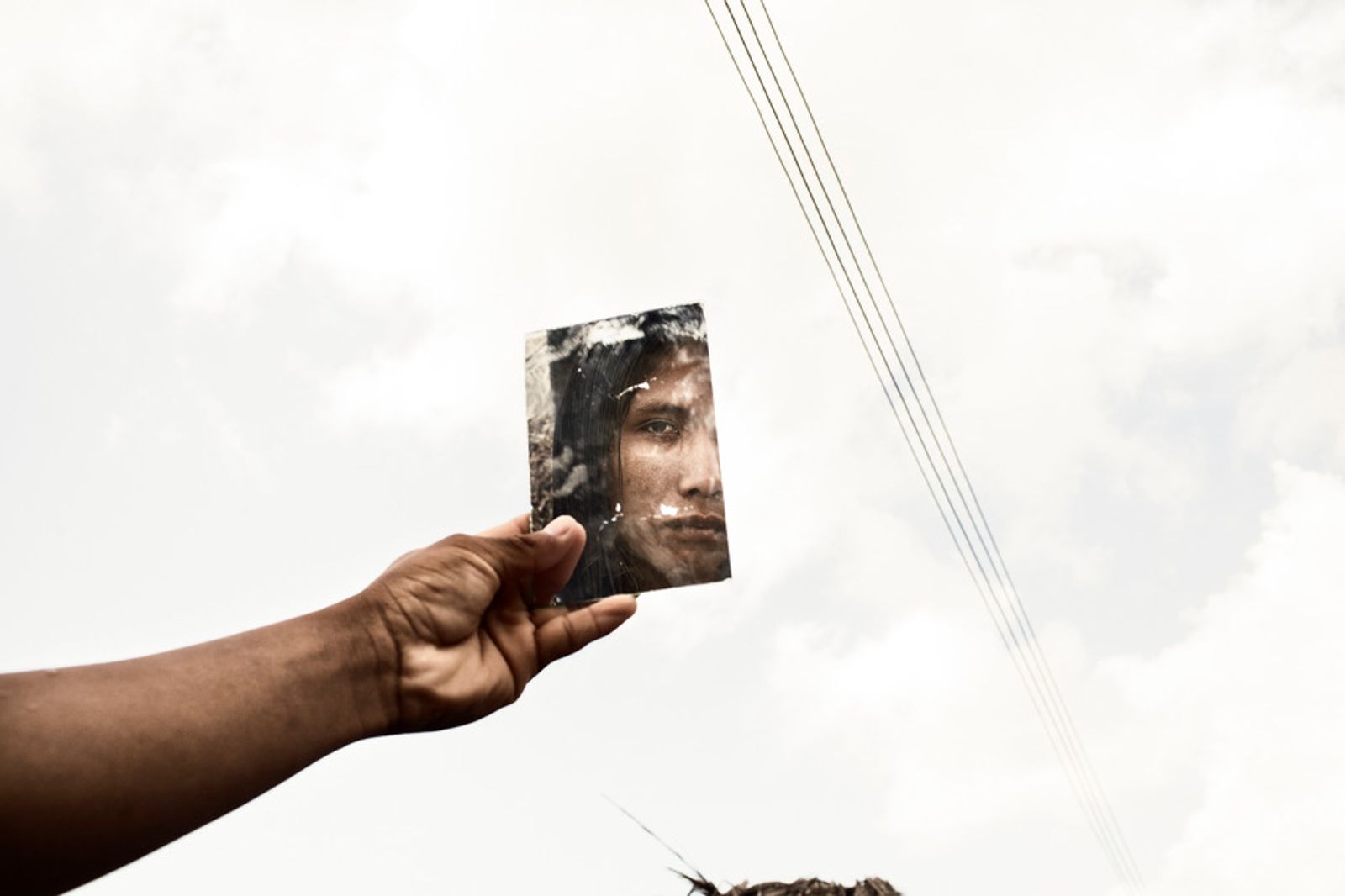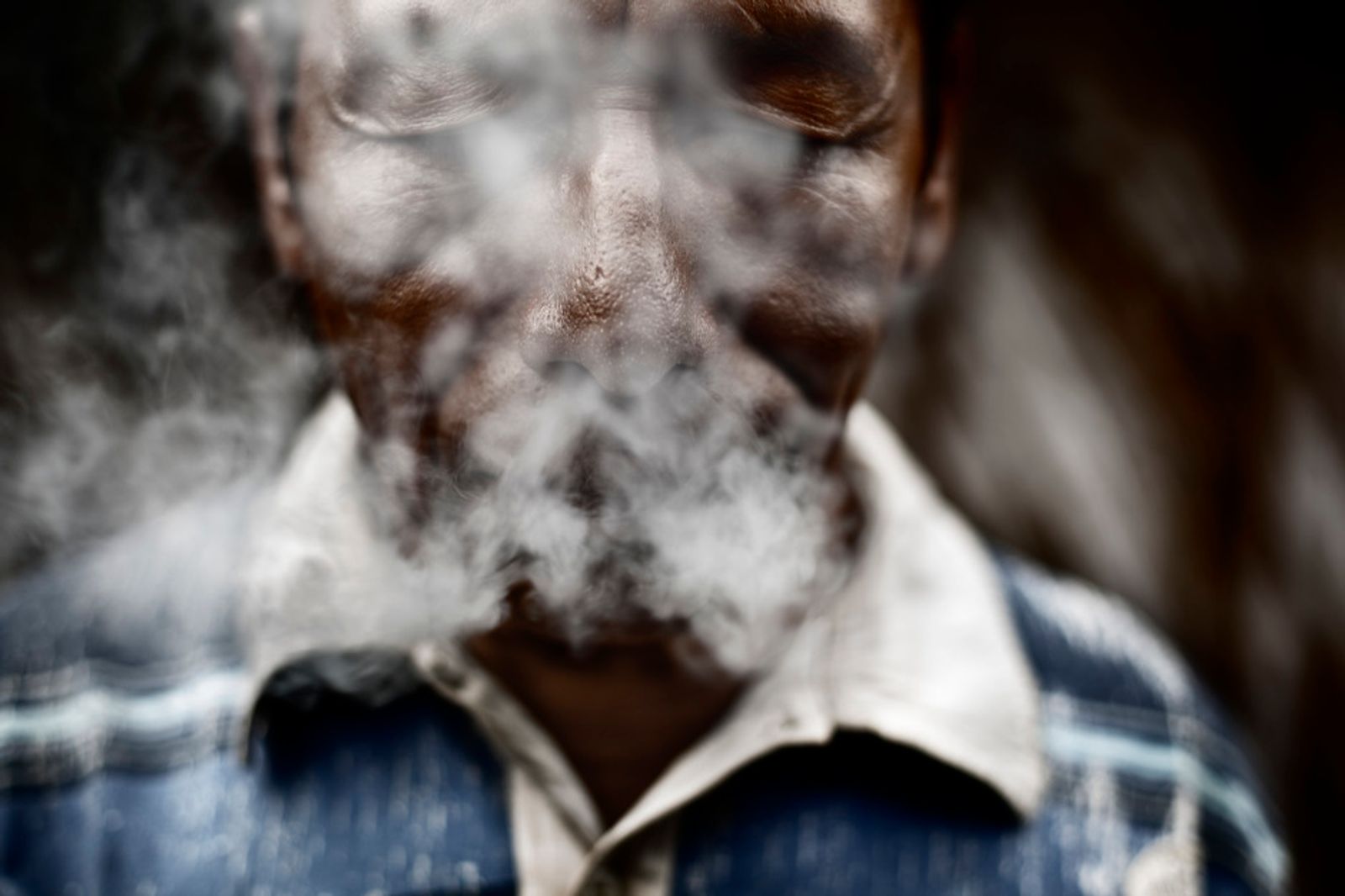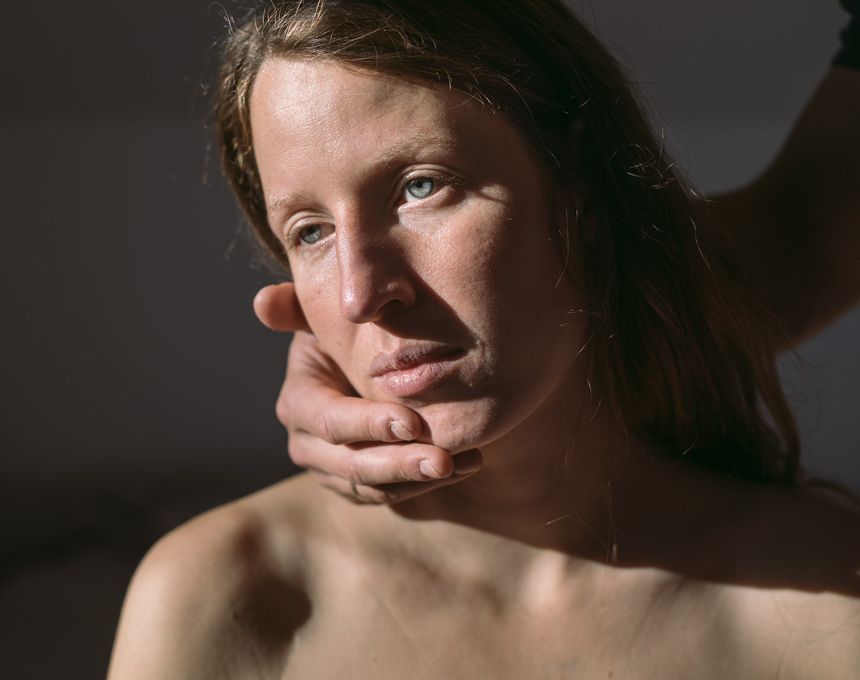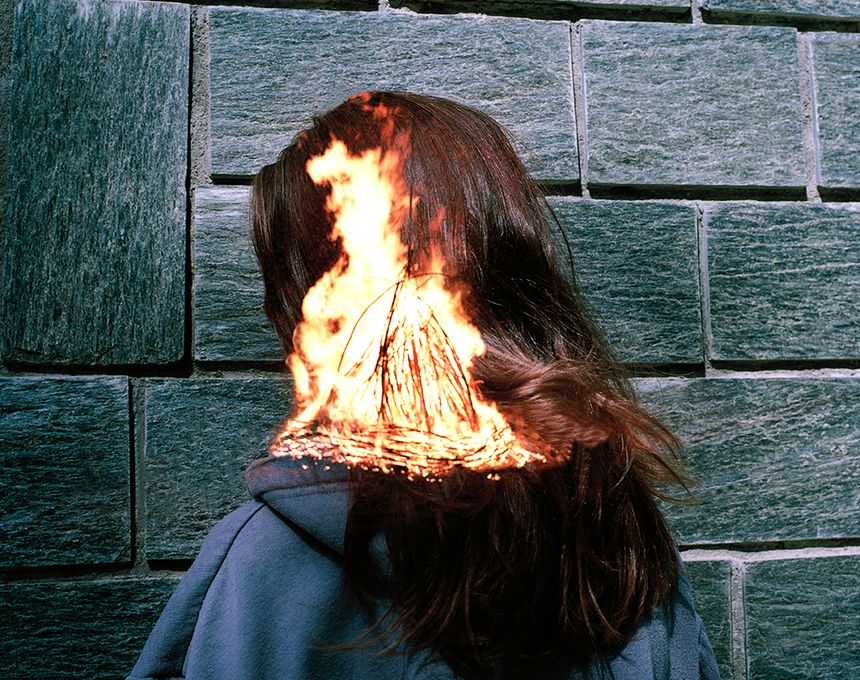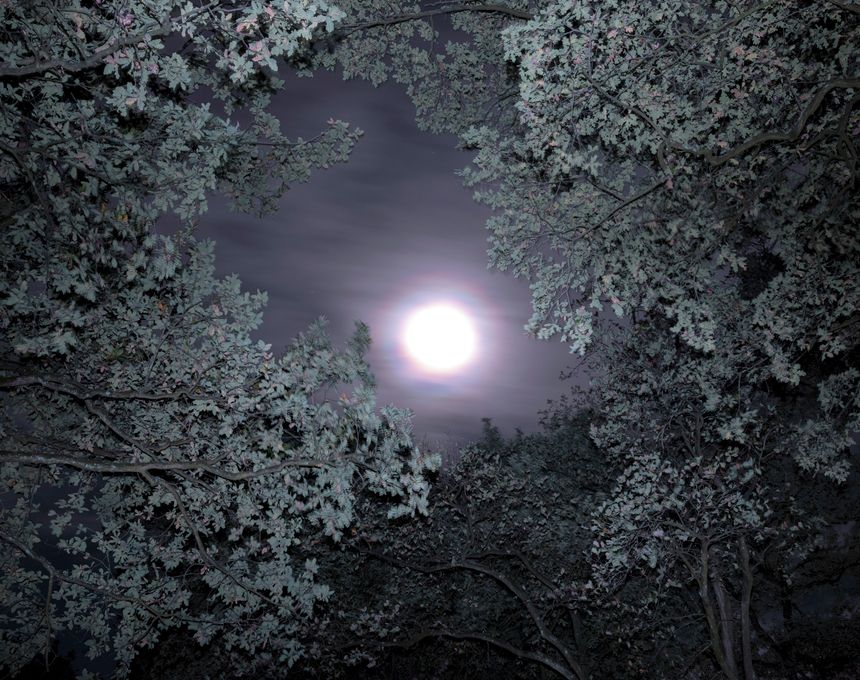Wonderland, the strange inhabitants of Delta Amacuro
-
Dates2012 - 2013
-
Author
The Delta of Amacuro, eastern Venezuela, is one of the most inhospitable places in the world.
The Delta of Amacuro, eastern Venezuela, is one of the most inhospitable places in the world.
For the past 7.000 years ago Warao indians have turned its 20.000 km² of water canals and swamps into their home.
The Warao, as it happens in other ethnic groupes, considers certain people are not man neither woman. They call them Tida Wena. Historically, Tida Wena have been well integrated into the life of their tribes, and have often held revered and honored positions within them, but things have changed during the last 50 years.
The Warao tribes are extremely sensitive to the outdoor influence. There are a fundamental fact that is strongly complicating their survival: a few independent investigations indicate that a range in between 40% and 80% of the Warao tribe are infected with HIV. On the other side, the high levels of infantile mortality are extreme. One out of two newly born does not reach the age of three.
The unrestrained progress, the lack of a united educational and reproductive sexual responsability plus the peculiarities of their cosmology, where illness representates the evil spirits, contributes to the creation of a potencially fatal scenario to the Warao tribe and the dissappearance of those old traditions and knowledge represented by the existance of transgender people among the warao society.
